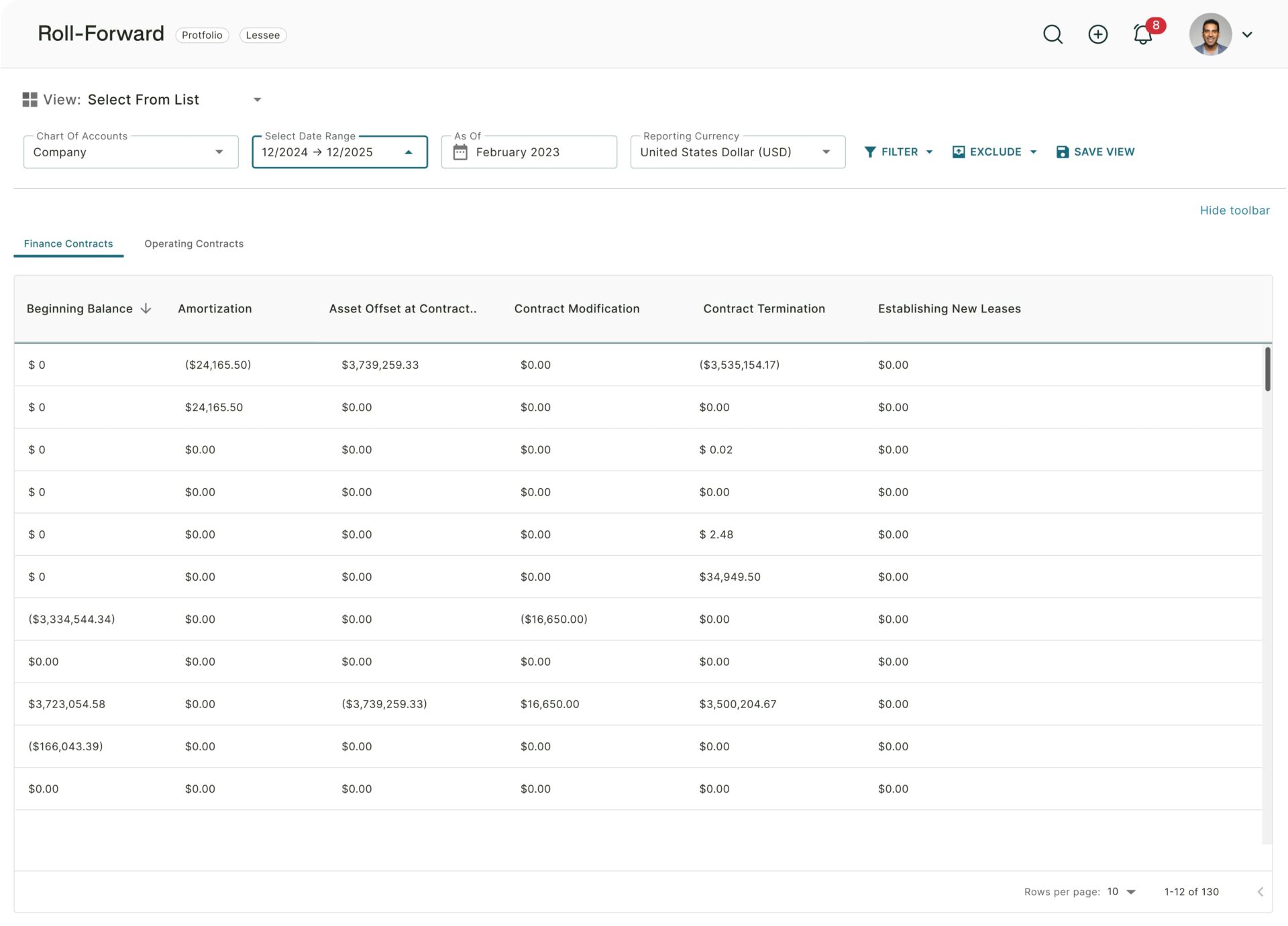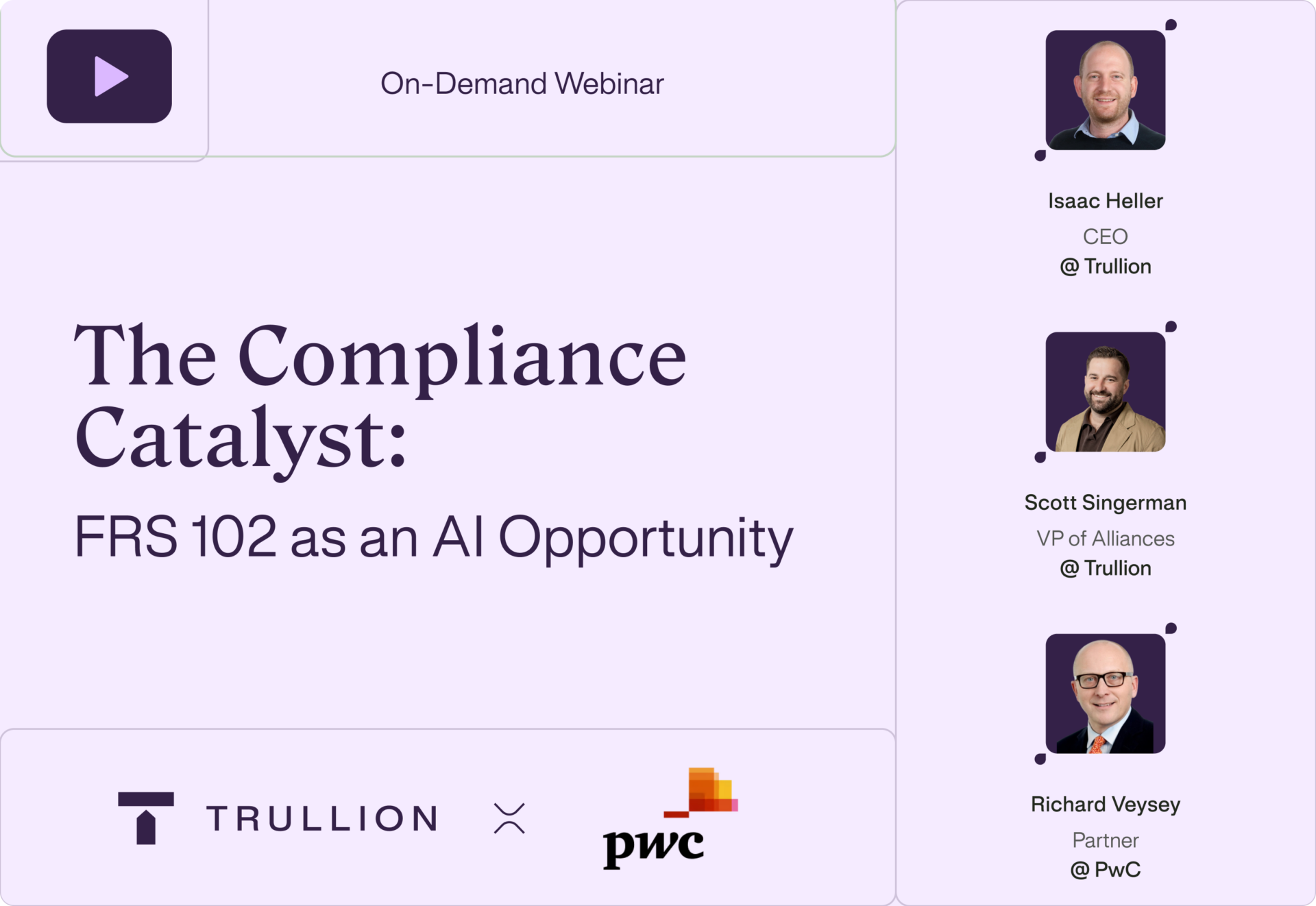When you think of new lease accounting standards – specifically ASC 842 and GASB 87 – affected industries that spring to mind are probably the likes of retailers or manufacturers, or the equivalent government departments. These organizations have a significant lease footprint: in the form of physical stores, offices or large machines, and are therefore the first types of organizations we think about when considering the impact of new lease accounting standards.
Here’s the interesting part: while these industries are certainly directly affected by the new standards, they’re not the only ones.
Tech companies – yes, you read that right – are also in for a massive impact on their accounting processes. Why?
Read on as we explore industries you would never expect to be affected by new lease accounting standards.
Moving To – And Away From – The Cloud
While many organizations are “moving to the cloud” – which from an accounting perspective is covered by its own standards and updates – others are choosing a hybrid model and are making use of cloud repatriation, colocation providers or “colos,” or leasing data centers and storage equipment.
For many organizations, especially tech companies, a “cloud-first” or “all-cloud” approach was seen as the panacea for all storage-related challenges faced by the modern organization.
In theory, it was great – one could dispense with on-prem solutions which were costly and difficult to manage, pay only for space used, scale up or down easily and enjoy the security benefits offered by large cloud providers such as Microsoft, Amazon and Google.
Lately however, there has been pushback against this approach. Experts have been noting increasing costs, decreasing performance, and regulatory confusion, to name just a few challenges facing the all-external-cloud approach.
Many organizations are thus now engaging in “cloud repatriation” – the process of moving data and workloads away from public clouds and onto alternative infrastructure.
Dropbox, for example, saved $75m a year by moving much of its public cloud workloads back to private colo providers.
You can already sense the effect that this will have on thousands of tech companies as new lease accounting standards come into play…
The Impact Of New Lease Accounting Standards
There are two types of tech organization thus affected by the new lease accounting standards in this cloud repatriation scenario: the storage-related companies such as data centers and colos; and the organizations that do business with them.
Take data center providers: usage is up 15% year-on-year. While AWS owns its data centers, the likes of Google, Facebook, Oracle and Uber all lease data center space. Similarly, as mentioned previously smaller organizations have been moving to data centers and colo providers. Data centers also often lease their own equipment instead of purchasing it outright.
This clearly puts data centers and colo providers as both lessors and lessees under ASC 842.
Similarly, companies making use of such data centers and colo providers – which as noted is an increasing number of organizations thanks to the movement towards cloud repatriation – are lessees as defined by ASC 842.
This means these companies will need to comply with the requirements of ASC 842, including recognizing a right-of-use asset and lease liability on the balance sheet and not just expensing operating leases through the income statement.
Industries Unexpectedly Impacted By Lease Accounting Standards
Suddenly data centers, colos, SaaS companies, government departments, technology giants and small businesses are all impacted by the relatively significant changes in new lease accounting standards such as ASC 842 and GASB 87.
The key lesson here is that almost every company is affected by these new lease accounting standards, often in ways you might least expect.
Check out the Ultimate Guide to Adopting ASC 842 compliance, including a step-by-step checklist, super helpful hints and tips, and other valuable resources to ensure you remain fully compliant with these new lease accounting standards.





